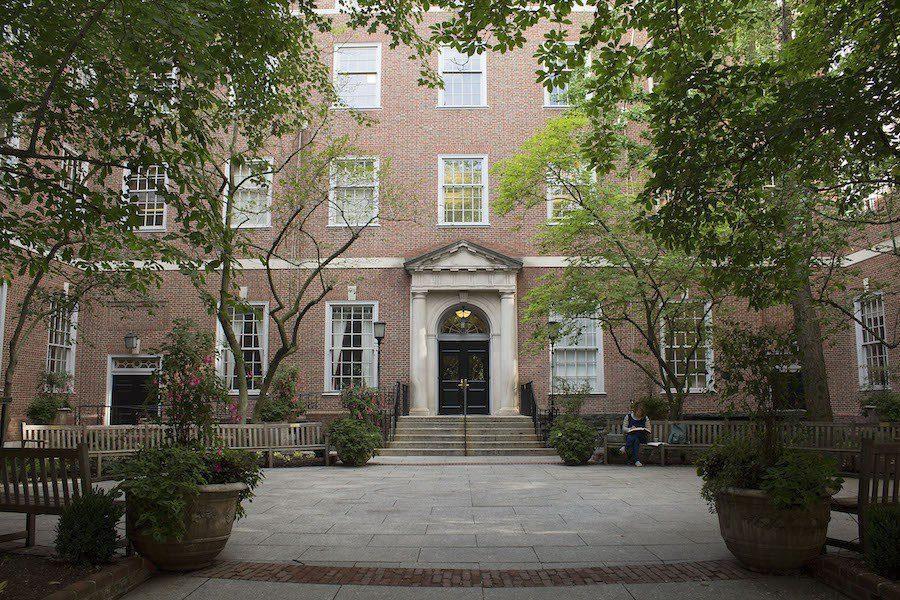NY Law Firms Charge for Interns
New York State Bar Association Committee on Ethics recently voted on charging clients of New York law firms for the work of unpaid interns.
September 6, 2016
Most industries shifted their business models to increase profits after the 2011 recession, but in 2016, the New York State Bar Association Committee on Ethics has taken this profit-mindedness to a new level. The committee recently ruled that New York law firms may bill clients for the work of their unpaid interns.
Several prominent NYU organizations, including the NYU Black Allied Law Students Association, NYU Latino Law Students Association and NYU Law Students for Economic Justice, spoke against this decision in an open letter penned in late March. The letter explained that as law firm jobs are becoming increasingly scarce, law students often need the valuable connections that come from internships just to find a job. The letter goes on to explain that students who cannot afford to work for free are being edged out of their own industry.
Jim Zhou, a Brooklyn Law School third-year student, thinks that unpaid internships are something of a necessary construct.
“I guess it’s just law firm culture these days,” he said. “Interns do mostly research work, which is very valuable. It takes a lot of time and effort — in fact a lot of legal work is very time consuming.”
The New York State Labor Standards provided an outline of wage requirements for interns at for-profit businesses, which includes a section about trainees and students. This sparked much controversy among prospective lawyers as to what can be considered an internship.
“The activities of trainees or students do not provide an immediate advantage to the employer. On occasion, operations may actually be impeded,” Section Four reads. “In a true traineeship, the employer cannot gain an immediate advantage from the intern’s presence.”
This standard contradicts the New York State Bar Association Committee on Ethics’ decision, challenging the system for unpaid law internships.
Steven Lydon, a graduate student at Harvard, said that the construct of unpaid internships should be eradicated entirely. He said be believes that unpaid internships perpetuate further exploitation of labor and undermine workers’ rights.
“Historically these connections [from internships] would have been made during work that was paid for,” Lydon said. “In the end, the law firm is making more profit off of work that they’re not paying for, with the facade of ostensibly paying for that labor.”
Zhou said that although many firms hire unpaid interns, many firms also hire paid interns, and he predicts that the new decision will not radically change the job market for students seeking internships.
“We should also remember that a lot of law schools have very good connections,” Zhou said. “Not every firm is doing this. That being said, the ruling is not very ethical.”
CORRECTION: WSN misidentified Steven Lydon as an adjunct professor in NYU Law. He is in fact a Harvard graduate student. WSN regrets the error.
A version of this article appeared in the Tuesday, Sept. 6 print edition. Email Yorai Vardi at [email protected].
























































































































































